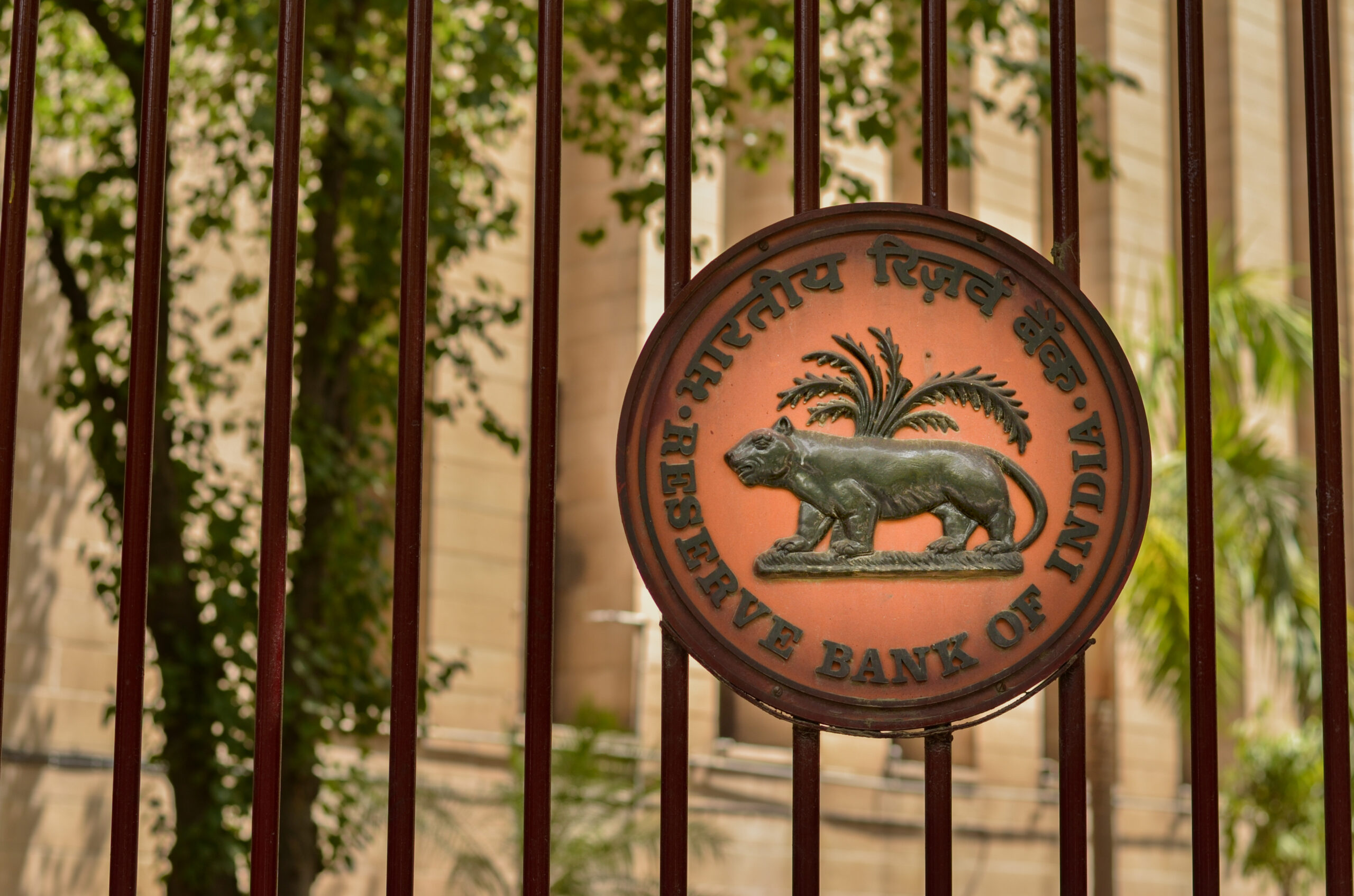 Back
Back
RBI regulates Fair Lending Practice; curbs banks, NBFCs from compounding penal interest
By Puja Sharma
 Reserve Bank has issued various guidelines to the Regulated Entities (REs) to ensure reasonableness and transparency in disclosure of penal interest. Lending institutions have the operational autonomy to formulate Board-approved policies for levying penal rates of interest under the current guidelines. As a consequence of a borrower’s non-compliance with the terms of the credit facility, many REs charge penal interest rates above the applicable interest rates.
Reserve Bank has issued various guidelines to the Regulated Entities (REs) to ensure reasonableness and transparency in disclosure of penal interest. Lending institutions have the operational autonomy to formulate Board-approved policies for levying penal rates of interest under the current guidelines. As a consequence of a borrower’s non-compliance with the terms of the credit facility, many REs charge penal interest rates above the applicable interest rates.
RBI issuing notification on Fair Lending Practice – Penal Charges in Loan Accounts has been announced today. These charges aim for credit discipline, not revenue gain. Lenders need a board-approved policy for penal charges. The amount and rationale must be transparently communicated to borrowers through agreements and official channels.
Sharing his views on the same, please find appended below a quote from Anil Pinapala, CEO & Founder, FlexPay by Vivifi, “This marks yet another positive stride taken by the RBI to enhance transparency and uphold equity in lending, prioritizing the interests of borrowers. The recent modifications guarantee that all direct loan-related fees are fully unveiled within the comprehensive Annual Percentage Rate (APR) outlined in the Key Facts Statement (KFS). This ensures that such charges are transparently presented, eliminating any potential concealment within penal charge wordings.
Over the past year, the RBI has introduced new directives and updated existing ones pertaining to Digital Lending, KYC procedures, Co-Lending (FLDG), and now, Penal charges. These initiatives collectively aim to modernize regulatory frameworks in line with emerging products, technologies, and evolving business/lending models that have extended credit accessibility to previously untapped segments.
A consistent theme woven through these actions is a heightened emphasis on standardized disclosures, particularly in relation to rates and charges, rendered in a simplified manner to facilitate borrowers’ comprehension of all lending terms and conditions. This commitment to clarity has now been extended to encompass penal charges as well.”
Penal interest/charges are designed to instill a sense of credit discipline, not as a revenue enhancement tool over and above the contracted interest rate. Supervisory reviews have revealed divergent practices among regulated entitites regarding levying penal interest/charges, causing customer disputes and grievances.
On a review of the practices followed by REs for charging penal interest/charges on loans, the following instructions are issued for adoption.
Among various regulations, the REs shall not introduce any additional component to the rate of interest and ensure compliance to these guidelines in both letter and spirit. The REs shall formulate a Board approved policy on penal charges or similar charges on loans, by whatever name called.
Penalty, if charged, for non-compliance of material terms and conditions of loan contract by the borrower shall be treated as ‘penal charges’ and shall not be levied in the form of ‘penal interest’ that is added to the rate of interest charged on the advances. There shall be no capitalisation of penal charges i.e., no further interest computed on such charges. However, this will not affect the normal procedures for compounding of interest in the loan account.
The quantum of penal charges shall be reasonable and commensurate with the non-compliance of material terms and conditions of loan contract without being discriminatory within a particular loan / product category. The penal charges in case of loans sanctioned to ‘individual borrowers, for purposes other than business’, shall not be higher than the penal charges applicable to non-individual borrowers for similar non-compliance of material terms and conditions.
The quantum and reason for penal charges shall be clearly disclosed by REs to the customers in the loan agreement and most important terms & conditions / Key Fact Statement (KFS) as applicable, in addition to being displayed on REs website under Interest rates and Service Charges.
The RBI circular is applicable to all commercial banks, small finance banks (except payment banks), NBFCs including Housing finance companies and other financial institutions such as SIDBI, EXIM banks etc. The RBI has issued a circular on August 18, 2023.
IBSi FinTech Journal

- Most trusted FinTech journal since 1991
- Digital monthly issue
- 60+ pages of research, analysis, interviews, opinions, and rankings
- Global coverage
Other Related News
Related Reports

Sales League Table Report 2025
Know More
Global Digital Banking Vendor & Landscape Report Q2 2025
Know More
NextGen WealthTech: The Trends To Shape The Future Q4 2023
Know More
Intelligent Document Processing in Financial Services Q2 2025
Know More


